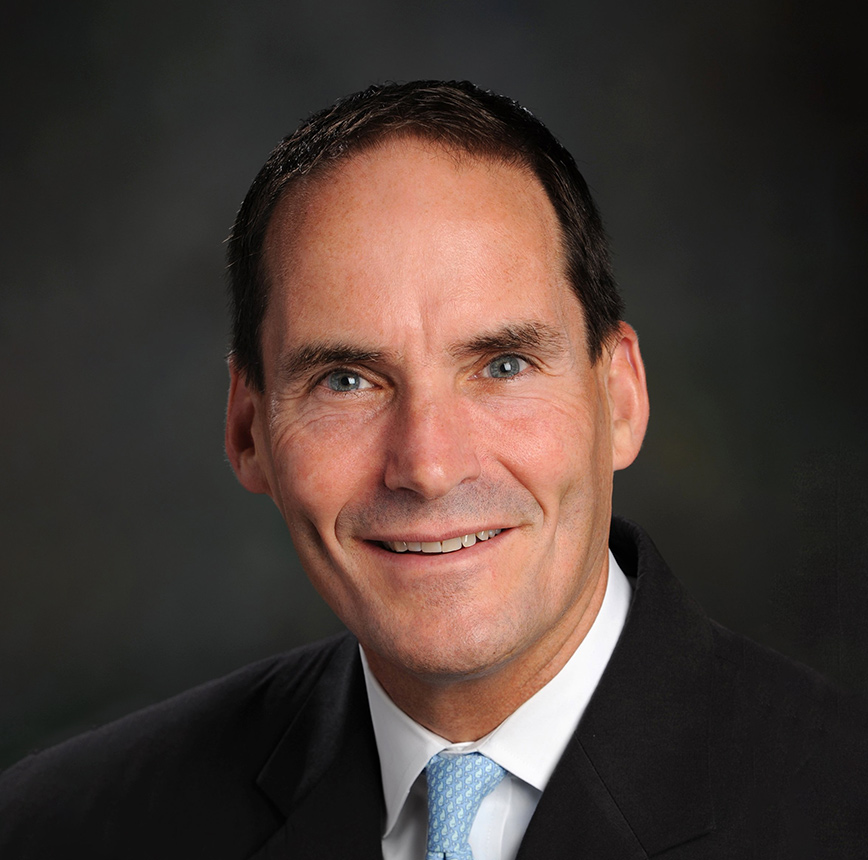Expert

Christy Carel
Actions
Type
Topic
- Governance
Tags

2023 State Legislative Session Outlook
MHA Contact: Jane Drummond
The Missouri General Assembly convened its 2023 legislative session on Jan. 4. By the time both chambers gaveled in for official business, nearly 1,000 bills had been filed. Numerous proposals impact hospitals and health care, both positively and negatively. MHA staff monitor the status and movement of hundreds of bills daily to produce positive outcomes for members.
Republicans maintained their majority in both chambers in the November general election. Of 163 House members, 111 are Republicans. Twenty-four of the state’s 34 senators are Republicans. House and Senate majority leaders have expressed a desire to work with the minority caucuses to find common ground to resolve the most pressing issues facing Missourians. Leadership-identified priorities for the session include public safety, initiative petition reform, education reform and managing the state’s substantial budget surplus.
House Speaker Dean Plocher formed a new committee on health care reform to consider bills related to improving the efficiency and cost of health care. Interim work of the committee suggests it will focus on legislation intended to increase the workforce pipeline and expand residency slots in needed specialties. MHA will support those efforts.
Gov. Parson announced his budget priorities in the State of the State address on Jan. 18. Given the budget surplus, legislators and stakeholders likely will offer many competing proposals for state funds. MHA staff will focus on protecting and enhancing hospital reimbursement through the Medicaid program and increasing nurse training opportunities.
MHA’s legislative priorities also include payer reforms associated with prescription drugs, streamlining the processes for physician licensure and prior authorizations, and establishing a licensure category for Rural Emergency Hospitals. Staff also will support proposals to extend Medicaid coverage for postpartum women, oppose efforts to repeal Certificate of Need and restrict Medicaid expansion, and monitor other initiatives that negatively impact hospitals. MHA’s Legislative Guide provides a preliminary look at anticipated legislative activities. The legislative session ends Friday, May 12.
The Board & Health Care Workforce Shortages
MHA’s 2022 Workforce Report illuminates the data to illustrate the stark reality that nearly all health care facilities are facing: Vacancy and turnover rates are climbing in virtually every health care occupation. However, workforce shortages are not limited to Missouri — this is a national trend. As governing boards observe the effects of workforce scarcities in their organizations, two key questions are being asked in the board room.
- What is the role of governance related to workforce shortages?
- How should boards be thinking about and approaching this national challenge?
The Governance Role & The Management Role
Even during a time of severe labor market challenges, the CEO (and his or her executive team) continues to maintain prime responsibility for the health care workforce — with accountability to the board for results. Even so, the far-reaching impact of human resource shortages translates to important considerations in the board room. Recommended areas for the board’s focus include the following.
- Board Education — The board should gain an understanding of labor availability challenges in the hospital/health system’s direct service area. This review should include the entire workforce, not just health care. This information will provide context for future board room decisions that may depend on adequate workforce for implementation. It also will assist the board in creating realistic performance expectations for the CEO.
- Management’s Workforce Development Plan — The board or a board committee should review management’s approach to workforce development, with a particular focus on longer-term plans.
- Strategic Planning — The board should consider workforce as it develops strategies and future goals. For example, the board would not make a strategic decision without understanding the financial implications and overall financial risk. Workforce considerations should have an equal place in strategic decisions.
- Financial Strategies — The board and its finance committee should understand the implications of workforce shortages on current and longer-term financial plans. Notably, wage hikes and benefit improvements for current employees represent a permanent increase in the organization’s cost structure. Capital plans also should be reviewed.
- Enterprise Risk Management — The board should revisit the enterprise risk management plan through the lens of expected workforce shortages. As the C-suite formulates new workforce development initiatives, there should be a strong connection with enterprise risk mitigation.
- Accountability and Oversight — The board’s responsibility is clear: Hold management accountable for developing short-term and longer-term strategies that achieve key results. The following are accountability tools for the board.
- Add workforce-related metrics to the governance dashboard.
- Thoughtfully select the workforce-related metric(s) in the CEO’s annual goals.
- Periodically update internal leadership development plans and progress.
Final Thoughts
Boards must resist the notion that workforce shortages in health care are temporary. Opportunistic boards may view these circumstances positively — perhaps as an opportunity to become a recognized leader in internal talent development. Boards also may use labor shortage realities to sharpen the focus on the organization’s most critical priorities. Finally, ongoing labor shortages may incent new care transformation strategies. Boards can lead the way by incorporating workforce-related concepts into ongoing strategy development coupled with effective oversight practices.
This article was published with permission from the author and The Governance Institute and is summarized from Kimberly A. Russel, FACHE, “Healthcare Workforce Scarcities: The Governance Role,” The Governance Institute, April 2022.
Faces to Know

Richard Liekweg
MHA Board Chair, President and CEO of BJC HealthCare
Richard Liekweg, President and CEO of BJC HealthCare, was elected to serve as 2023 Chair of the Missouri Hospital Association Board of Trustees. As chair, Liekweg’s duties include overseeing and directing activities of the MHA Board of Trustees, acting as a day-to-day adviser to MHA, and testifying before committees of the Missouri General Assembly and Congress.

Brett Moorehouse
MHA Senior Vice President of Membership Services
MHA welcomed Brett Moorehouse to its senior leadership team in November 2022. Before joining MHA, he served as CEO of Ranken Jordan Pediatric Bridge Hospital in St. Louis. Moorehouse and his team are focused on building strong relationships with MHA’s members, and delivering the tools and resources to help hospitals serve their communities.

Boardroom 101 Orients New Board Members
AHA offers key strategies and practical tools for orienting new board members. Resources include sample agendas and questions for board members to consider as they learn about health care, their hospital and/or health system, and board responsibilities.

Health Equity Guidance & Dashboards
MHA and its Health Equity Committee produced a guide for hospitals to advance their health equity journeys. Also available are a suite of five health equity-focused dashboards that offer data for finite population segments and geographic areas in Missouri.
Education
Feb. 24 — Health Care Career Day
MHA, the Missouri Chamber Foundation and DESE are hosting a complimentary, virtual event to showcase health care careers. K-12 and higher education students can learn about the future of health care and engage with professionals from around the state. Learn more.
June 22-23 — Save the Date: 2023 Leadership Forum
Join Missouri health care leaders in Blue Springs, Mo., for two days of high-impact, inspiring speakers who will share their wisdom and practical perspective. Watch your inbox for additional details.
On-Demand Education
The MHA Health Institute offers cost-effective learning opportunities for both members and nonmembers to help them understand and address emerging issues, learn and share best practices, and comply with legal and regulatory requirements. Learn more.









